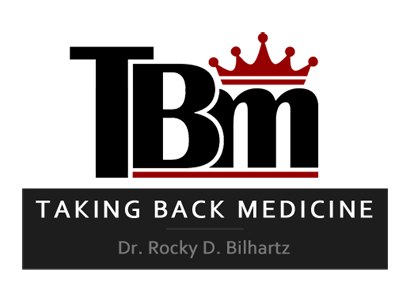Years ago, I owned a lawn service. I ran the company.
Actually, I was the company. The only worker. Then, a buddy of mine joined up. It became our summer gig for many years.
We prided ourselves on quality. We were good at what we did. And, we were fast, too.
Jump ahead a few years. Okay, more than a few.
I now work in healthcare. And, to be honest, I wish there were more similarities now with what I did back then. I’ll explain.
If you ask me to mow your grass, you want some accountability. You need me to show up. You want me to do a good job. And, then, if I screw something up, if I mow down your flowerbed, you are going to expect me to fix it.
There are many ways to establish accountability.
One way is by directly paying me a “fee” for the “service” that I provide you. Then, if you value my service more than you value your dollar, an economic exchange ensues. And, I mow your grass.
In fact, activities of economic exchange, by themselves, create accountability for almost all of our daily interactions. And, exchanges only occur consistently when consumers value products more than money in their pockets. As Dr. Michel Accad puts it,”The producer’s monetary profit (me being paid for mowing your grass) takes place if and only if the customer’s non-monetary profit (the quality of your grass being mowed) is realized.”
Accountability can also be achieved by establishing that I really do know how to mow your grass well. Maybe, I have a certification for the skill. Maybe, it’s legitimate and not a bogus one. Maybe, it took me eleven years to obtain after finishing a college degree. Maybe, I have to renew it every two years by spending hours in study. That might demonstrate accountability.
Then, there’s always the part about asking around. Maybe, ask your neighbors. Or, maybe ask others who mow grass about my work. Hire an inspector to come by and watch what I do. Maybe, just inspect the grass yourself after I’m gone.
Again, there’s lots of ways to demonstrate accountability. Pick one, but before you do, consider the following approach, too. It may seem a little odd, but that’s okay. It’s basically the one we’ve blindly implemented in healthcare.
What’s the rather bizarre strategy? Don’t focus on the grass at all.
I know that’s what I’m mowing, but spend less time thinking about it. Instead, put up a dozen obstacles to actually distract me from the grass. Put a fifty-two inch screen in front of my mower. Bolt it down. Give me a keyboard to use while I’m driving a mighty machine. Let me type on it. A whole bunch.
But, don’t let me type things that really matter. Let me only type things that a conflicted third-party believes are important for the economic exchange that will take place when I’m finished mowing.
Call the typing, documenting. Have me document a few things. Scratch that. Lots of things.
I will document the weather at the time that I’m mowing the grass. After each linear track across the yard, I’ll put the mower in neutral, pause, and calculate the barometric pressure. I’ll document it. If I must deviate from the linear track in the yard for any reason, like if a squirrel is in the way, I will implement an elaborate protocol. I’ll call the homeowner’s association (who is guaranteed not to answer) to ask for permission. Then, I’ll wait on their fax for approval.
Once I get approval, I’ll continue to chart the whole process of mowing the yard in excruciating detail. Yes, I mow grass every day. I even mow your yard once a week. Basically, it’s the same job, the same way, except when too much rain alters my timing slightly. But, I’ll document it over and over. In fact, why bother double documenting when three times is 50% more thorough?
Recommend a few motivators for me in case I get confused how best to care for your grass. Call them metrics. Don’t mow down the flowers! Watch for rocks! Don’t run into the trees! Make sure that I document not doing these things, while doing my job. And, make sure lots of alerts are going off while I work. Beeps. Buzzes. Sirens. All the time. Are you sure you want to mow that spot there? Are you sure there is gas in the mower?
I’ve got a new mower. It gets checked and rechecked every year. New tweaks are available daily that can make it more efficient. But, pay no attention to that. Just judge it’s performance on last decade’s manual. The one updated almost never by the government.
We all want quality. But, so far, the people measuring it are so far disconnected from the people receiving it, that we are just shredding money.
This is healthcare. This is our strategy. Distract the mower. Distract the driver. Distract the pilot trying to land the plane in bad weather. Distract them all with asinine tasks. The government? The Health Department? The secretary for the Centers for Medicare and Medicaid Services (CMS)? You claim that you want to be leading us in healthcare. Fine. I just told you the problem, and now I’ll tell you how to fix it.
You want “less” to be “more” in medicine? So do the pilots. Less distractions. Less futile tasks. Less wasted tax dollars.
Whether you are mowing grass or flying planes, it doesn’t matter. When you design systems that distract pilots working in inclement conditions, you crash. And, who knows this best? The pilots. And, who arguably suffers the most from distractions? The passengers.
It should be about the pilots and the passengers and the landing of planes. Get all the other clutter out of the way. As for CMS? It’s time for them to leave the control tower. Under their leadership, we just keep seeing more junk appear on the runway.




